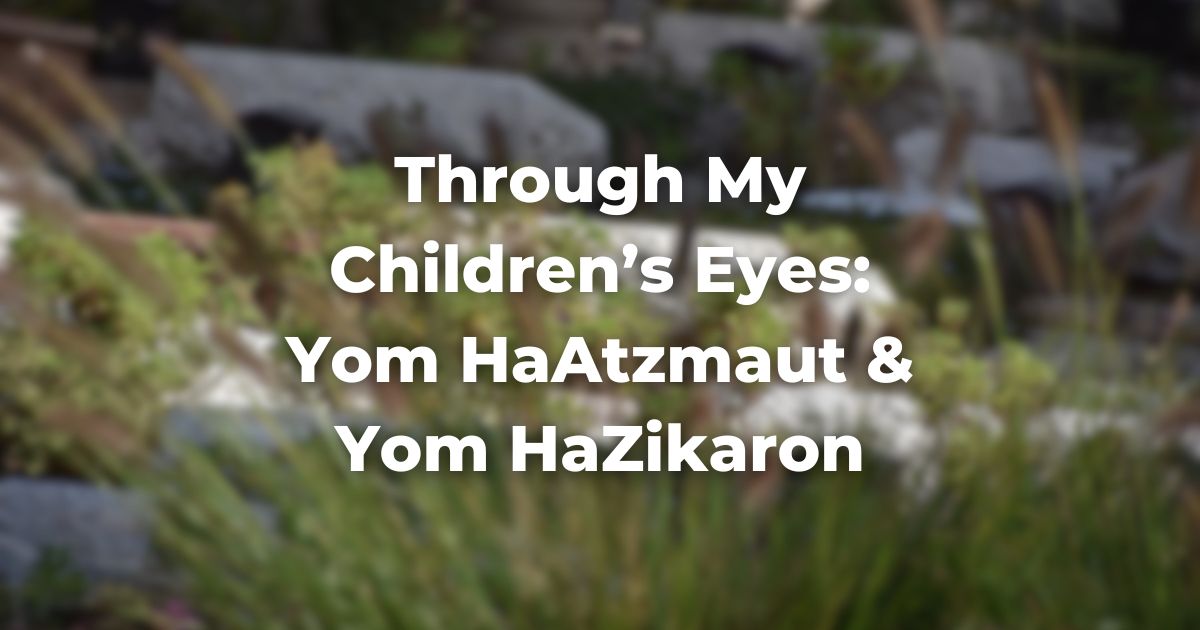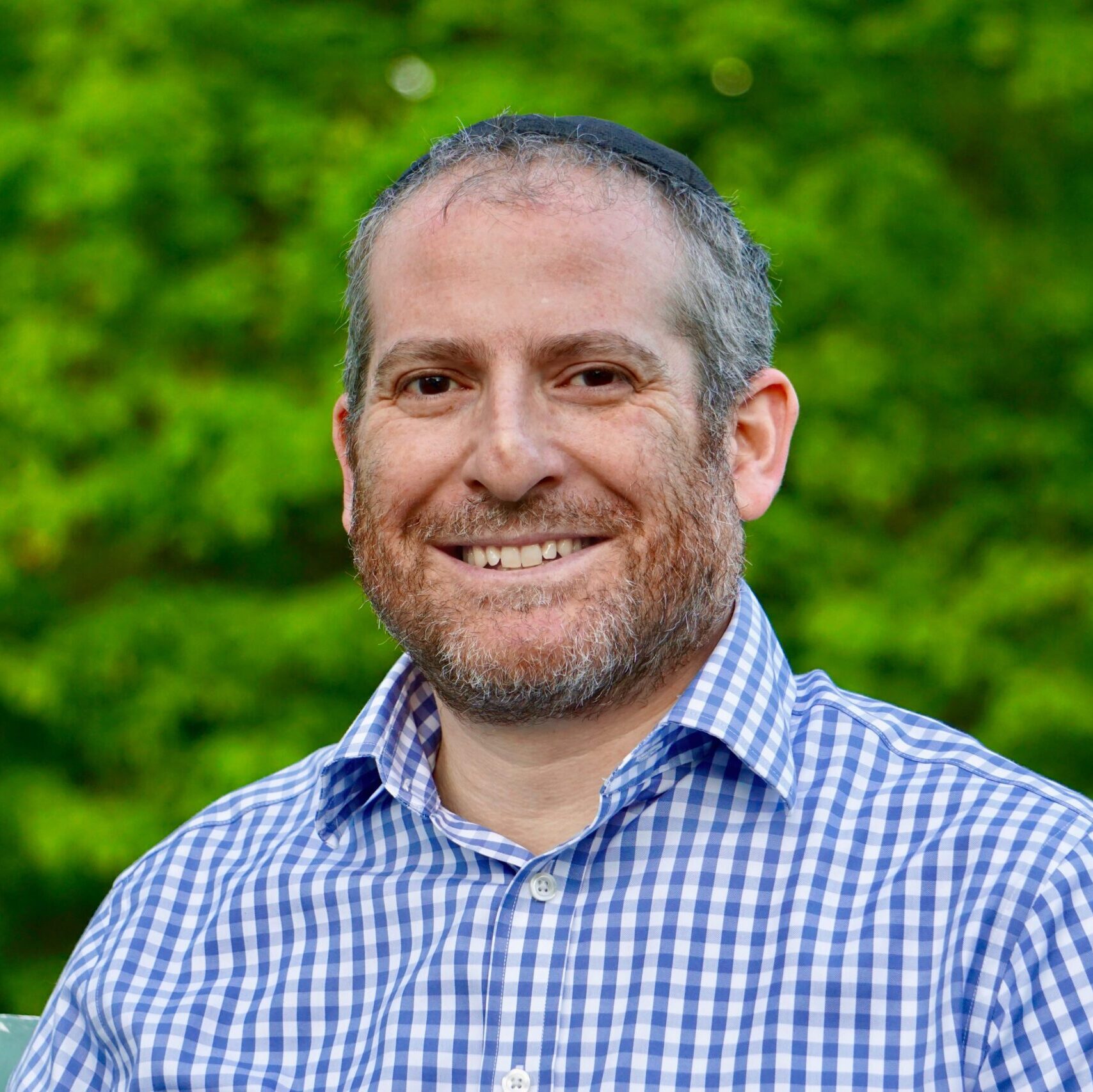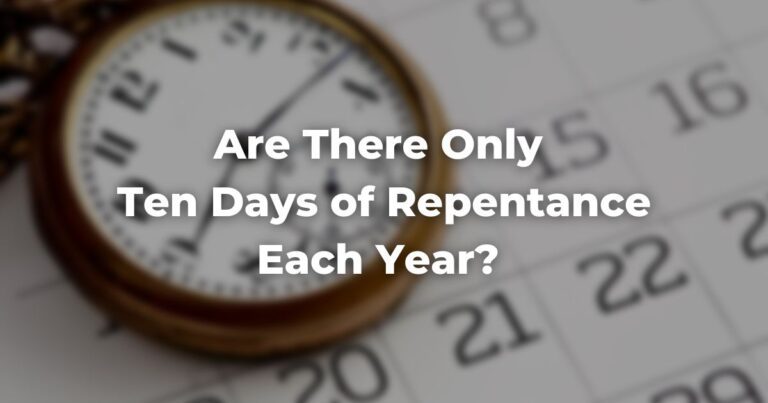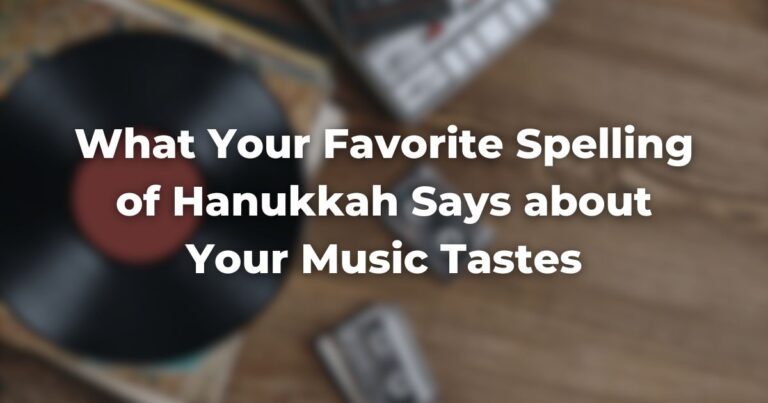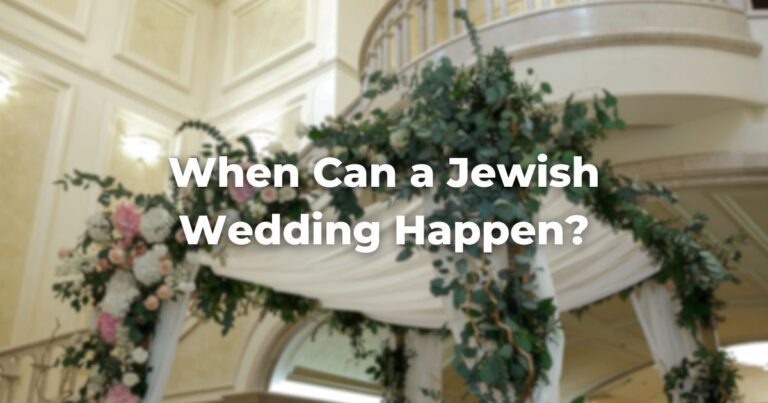A lie. A small one.
In late October of this past year, my daughter (16) was out with her friends at a coffee shop in suburban Boston. The server engaged them in conversation and asked what school they attended.
They lied.
My daughter reported it like this: “The waitress asked us what school we went to, and we all looked at each other and someone said, ‘Needham.’ And then she started asking us more questions and she knew people. It was a whole thing.”
I asked, why did you lie? “We didn’t want to get hate-crimed.”
My heart broke.
For the first time in my daughter’s life, she was afraid to share her Jewish identity. Afraid to share that she and her friends attended a Jewish private school.
Further back in time, on October 15th, barely a week after the Hamas attack on Israel, we were set to celebrate the bar mitzvah of our youngest. It was Rosh Hodesh, the celebration of the new month of Heshvan, and we were reeling. The horrors and toll of the October 7th attack were becoming increasingly clear. But our son would lead Hallel, the celebratory psalms for the new month, he would read TorahRefers to the first five books of the Hebrew Bible, the Tanakh, also called the Five Books of Moses, Pentateuch or the Hebrew equivalent, Humash. This is also called the Written Torah. The term may also refer to teachings that expound on Jewish tradition. Read more.
The dissonance was extreme, made even more jarring because we would also recite “Avinu Malkeinu,” the ancient prayer that is reserved for times when we seek/need redemption from violence or drought – times when we pray for redemption from the woes of our existence. At no other time in living memory were communities saying “Avinu Malkeinu” on the same day as saying Hallel.
We did it. A room filled with 50 children. We said the responsive “Avinu Malkeinu,” and then we immediately moved to Hallel. Children had to make the switch, from the sadness of “Avinu Malkeinu” to the songs of Hallel. Head-spinning dissonance.
I taught the guests, the children and adults, about using their voice to beg God for hope, for redemption. Ana Adonai Hoshiyah Na! Oh GOD Save Us! We yelled, all of us. We begged.
At the bar mitzvah, we collected thousands of dollars of baby supplies that we sent to Israel for the recently orphaned babies we knew would need diapers and clothes and care. This was not an abstract mitzvah project. It was too real.
There have been other moments when we had to confront the war, the hate, the death: at a campus visit to Columbia in February, we were warned that there was a ‘culture of protest’ of which the university was proud. The guide added that the “protests might be a bit intense.”
In April, the bar mitzvah boy’s class trip to Israel coincided with the Iranian attack, and the children were initiated into the climate of violence and fear that is a day-to-day experience for Israelis and Palestinians of their age.
The table conversation, always so rich in our home, is now dominated by debate on what Israel should do. Or moral questions of war and peace, and hostages, and starving children. We do not shy from these conversations, but as a parent, one sometimes wishes that the table debate was not about issues that are unfolding in real-time, of life and death and violence in the present tense. Questions of morality are so much easier when they are only theoretical.
On Sunday evening we will begin to observe Yom HaZikaron, Israel’s Memorial Day. It is always a poignant day for our family. We remember a number of friends who were taken by violence. We honor those who have served to establish and protect our Land.
And this year, I will cry a little more for the children. Not only for the Israelis and Palestinians who have and continue to suffer loss, but also for the children in the Diaspora who feel less safe, in coffee shops, frat houses, Hillels, and even in class.
On Monday night we will celebrate Yom HaAtzmaut, Israel’s Independence Day. We will have our mangal, our barbecue, we will laugh and discuss what Israel means to us. On Tuesday I will say Hallel. I will thank God and praise our defenders. But I will also be saying “Avinu Malkeinu.”
Death and sacrifice are linked to life. I only pray that children never knew it.
Author
-

Rabbi Mordechai Rackover serves as Editor in Chief of Exploring Judaism and Director of Publications and Digital Engagement at The Rabbinical Assembly. He has a background in education, campus work, and the pulpit. Mordechai studied for nearly a decade in a number of Yeshivot in Israel and has a BA in Jewish Studies from McGill University and an MA in Jewish Communal Leadership from Brandeis University. When not working he can be found reading or cooking and occasionally catering. Check out his Instagram for mouthwatering shots.
View all posts

